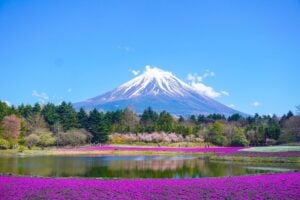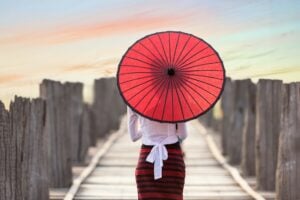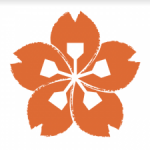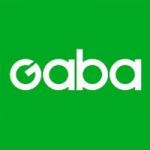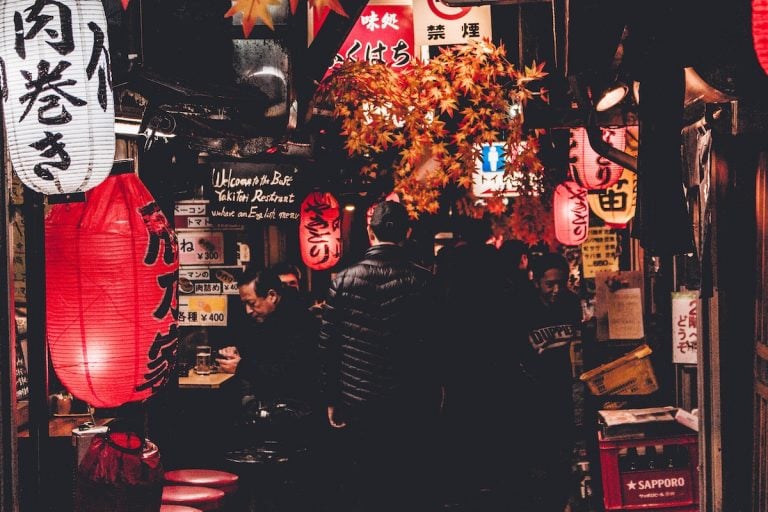
If ever you’ve considered pursuing a career in Japan, you may have heard that many workplaces here emphasize drinking. A day at a Japanese company is typically very structured without much conversation between bosses and coworkers. This lack of organic interaction can make it hard to get to know the people around you and become familiar with the office, which is where alcohol, one of the best social lubricants, can come in to help build relationships.
As such, drinking with coworkers and bosses has become very important in the Japanese workplace and is considered essential for those who want to climb the corporate ladder.
In Japanese, “nomu” (飲む) means “to drink.” Drinking parties and gatherings where alcohol is consumed are known broadly as “nomikai” (飲み会). The “kaishoku” (会食) and “enkai” (宴会) are also gatherings where it is typical to drink.
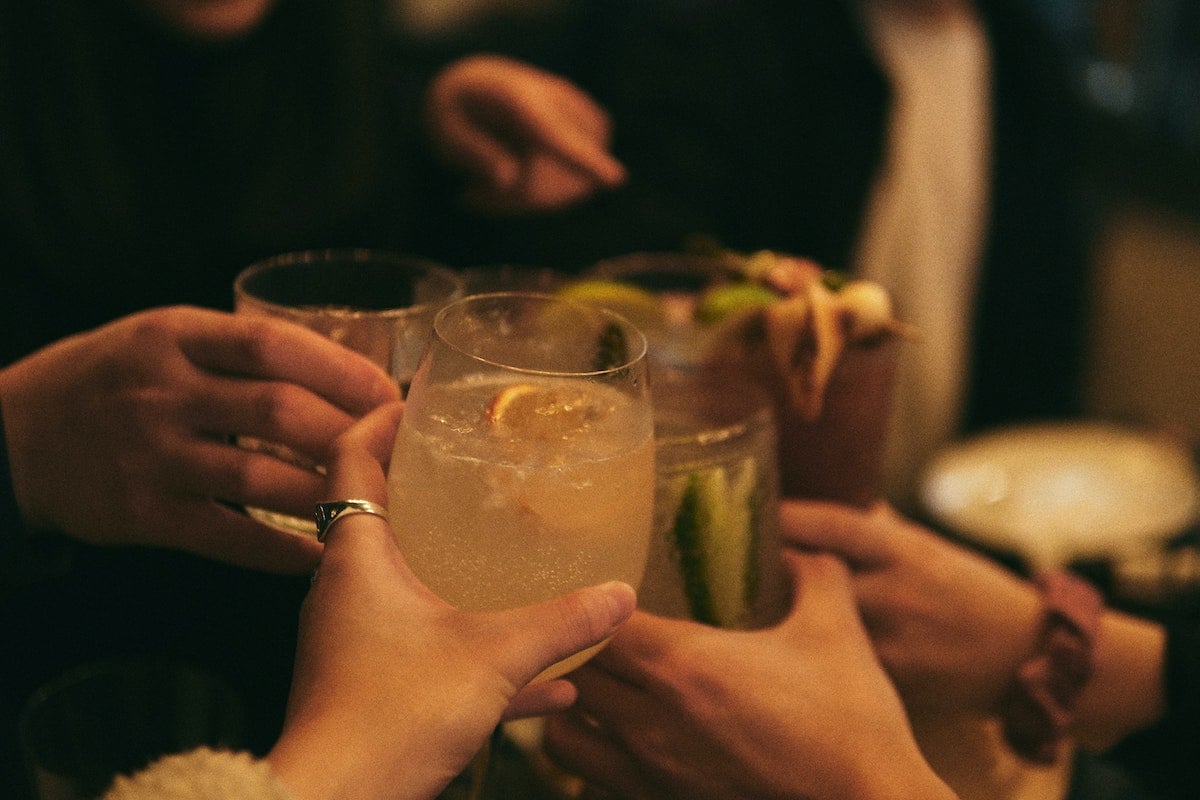
Types of Nomikai in Japan
All sorts of nomikai exist in Japan and are held for a variety of reasons–from a casual invitation from your boss on a weekday to a formal event, such as a “bonenkai” (忘年会) and/or “shin nenkai” (新年会), which are held when the calendar year or fiscal year changes. If someone is retiring or leaving the workplace, a “sobetsukai” (送別会) will be held. When you start work at a new company, you can likely expect a “kangeikai” (歓迎会) to celebrate your joining and get acquainted with your new coworkers. Nomikai are also held often online nowadays.
Nomikai are so commonplace and valued that the word “nomi-nication” (飲みニケーション) is used in Japanese to describe this “art” of communicating while tipsy.
Also, keep in mind that non-work nomikai also exist. If you are in a circle at a university or are part of a sports club, you will likely find yourself being invited to nomikai with these groups of friends and acquaintances, too.
What to Expect at a Nomikai in Japan
Nowadays, nomikai are held anytime and anywhere, including online or at someone’s home. A typical nomikai venue, however, is an izakaya (Japanese-style pub).
Once you sit down at your venue, your group will order drinks. If you’re at an izakaya, the waiter will come to you and ask everyone for their beverage order.
The popular drink to start with for most people is draft beer (生ビール). The phrase “toriaezu nama” (とりあえず生) is what people often say when discussing their first beverage order. After everyone has gotten their beverage, it will be time to say cheers and kanpai to the end of the year, the end of the week, or the end of the day. Although it depends on the office culture, there are no rules about the day of the week nomikai are held.
If you are with senior colleagues and your boss, you will be expected to pour their drinks for them, ensuring that they never run out of their beverage. Also, during a formal nomikai, like a bonenkai or a shinenkai, junior employees will often be standing up attentively, walking around, waiting for the chance to pour their supervisor another glass.
An izakaya menu will, of course, have small, light dishes that you can share with your drinking buddies, like edamame, agedashi tofu, and karaage fried chicken. However, don’t expect to eat much, so have a meal beforehand if you can, pace yourself when drinking, and be sure to order a glass of water.
After an hour or two, you may be invited to a nijikai afterparty (二次会), where you will typically head to a different izakaya or a bar for a more relaxed, casual drink.
If you’re out really late and missed your last train, you may find yourself spending the rest of the night at a karaoke parlor, singing your heart out until you fall asleep.
At the end of the night, your party will like form a circle and give a final ippon jime clap (一本締め), signaling the closing of a successful nomikai.
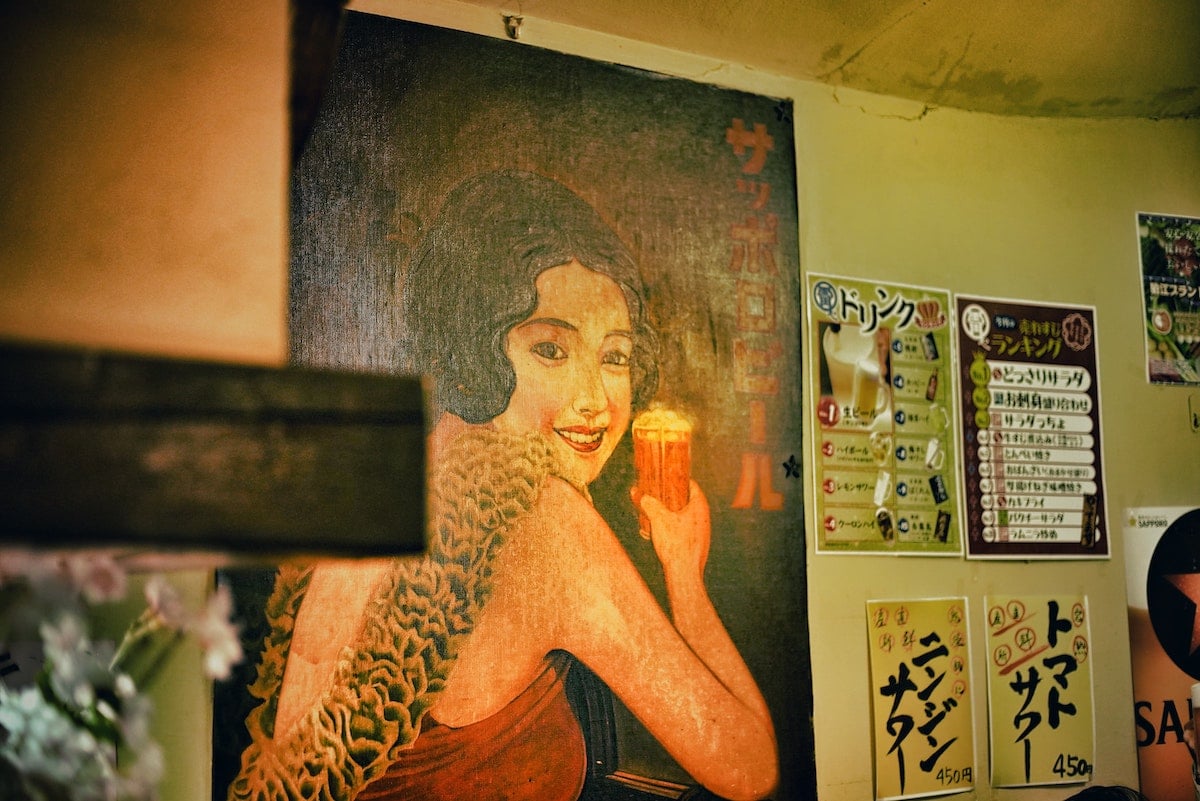
What Happens if I Don’t Drink?
While many people drink at nomikai, you don’t have to drink excessively, and there is no rule that you need to be drinking something alcoholic. Izakaya and bars will often have a generous selection of non-alcoholic beers, mocktails, and soft drinks so that everyone can happily enjoy the nomikai experience, regardless of their alcohol tolerance or preference.
Also, as Japan has a zero-tolerance policy when it comes to driving and drinking, the designated driver will always stick to non-alcoholic beverages. If you find yourself feeling like the only one who isn’t tipsy, you can find your coworker who’s planning on driving home and strike up a sober conversation with them.
Is the Nomikai Important in Japanese Culture?
Alcohol is one of the most effective social lubricants and this holds true in professional situations and relationships, too. Nomikai are an intrinsic part of work-life in Japan, used within and between companies, schools, and governments for this reason and many more. Most people in Japan who attend nomikai and can attest to the value added to their professional life by this extracurricular form of bonding with coworkers.
While you shouldn’t expect to be promoted the next morning after a nomikai, it is likely that your participation was valued by your supervisors and coworkers, creating the opportunity for a deeper, more positive relationship for the future.
Author: Jasmine Ortlieb





